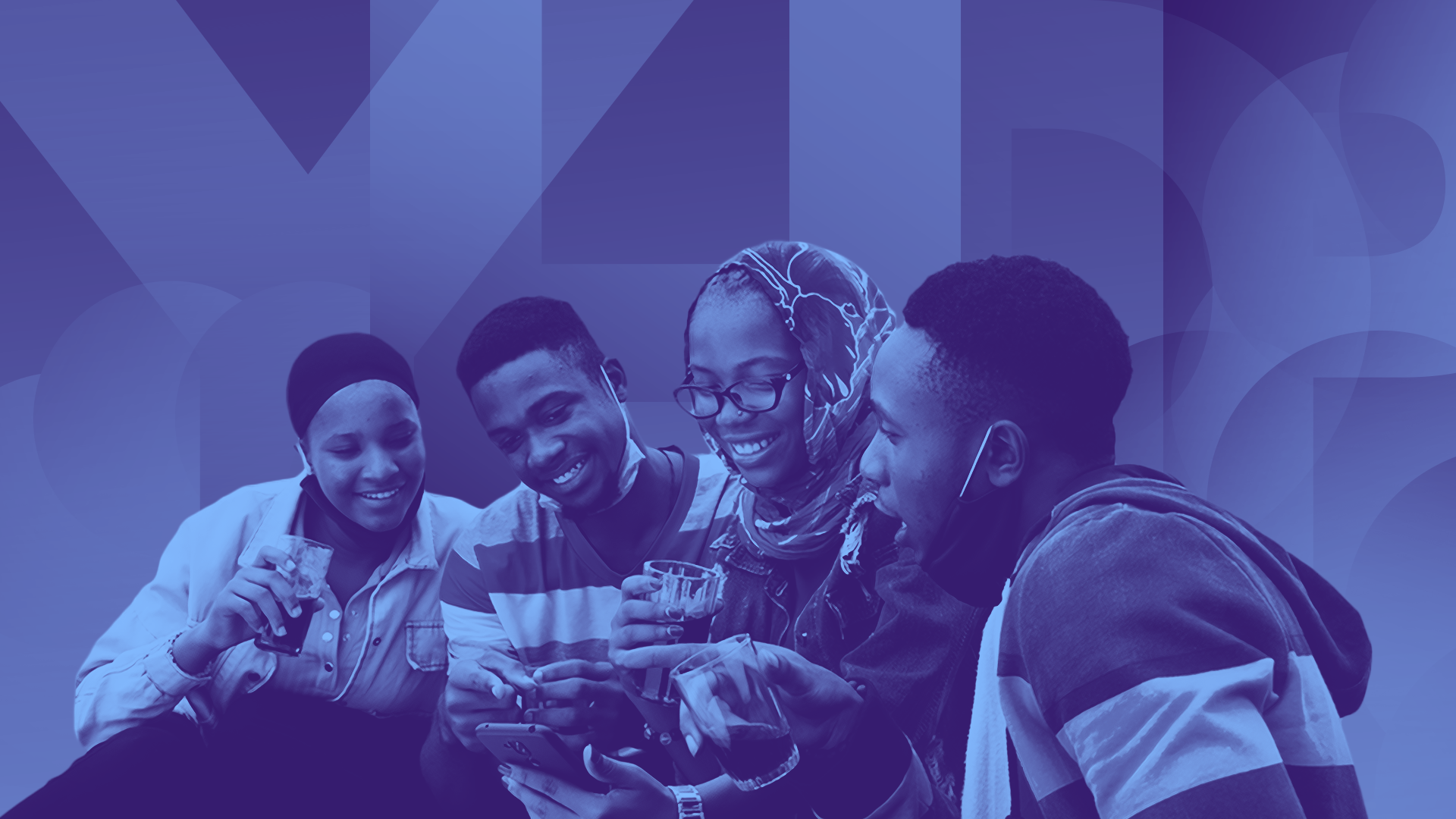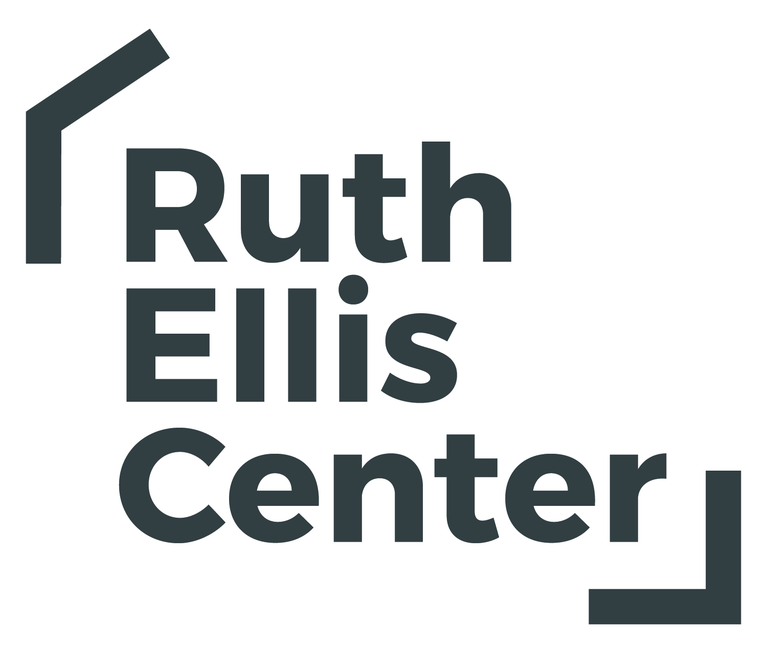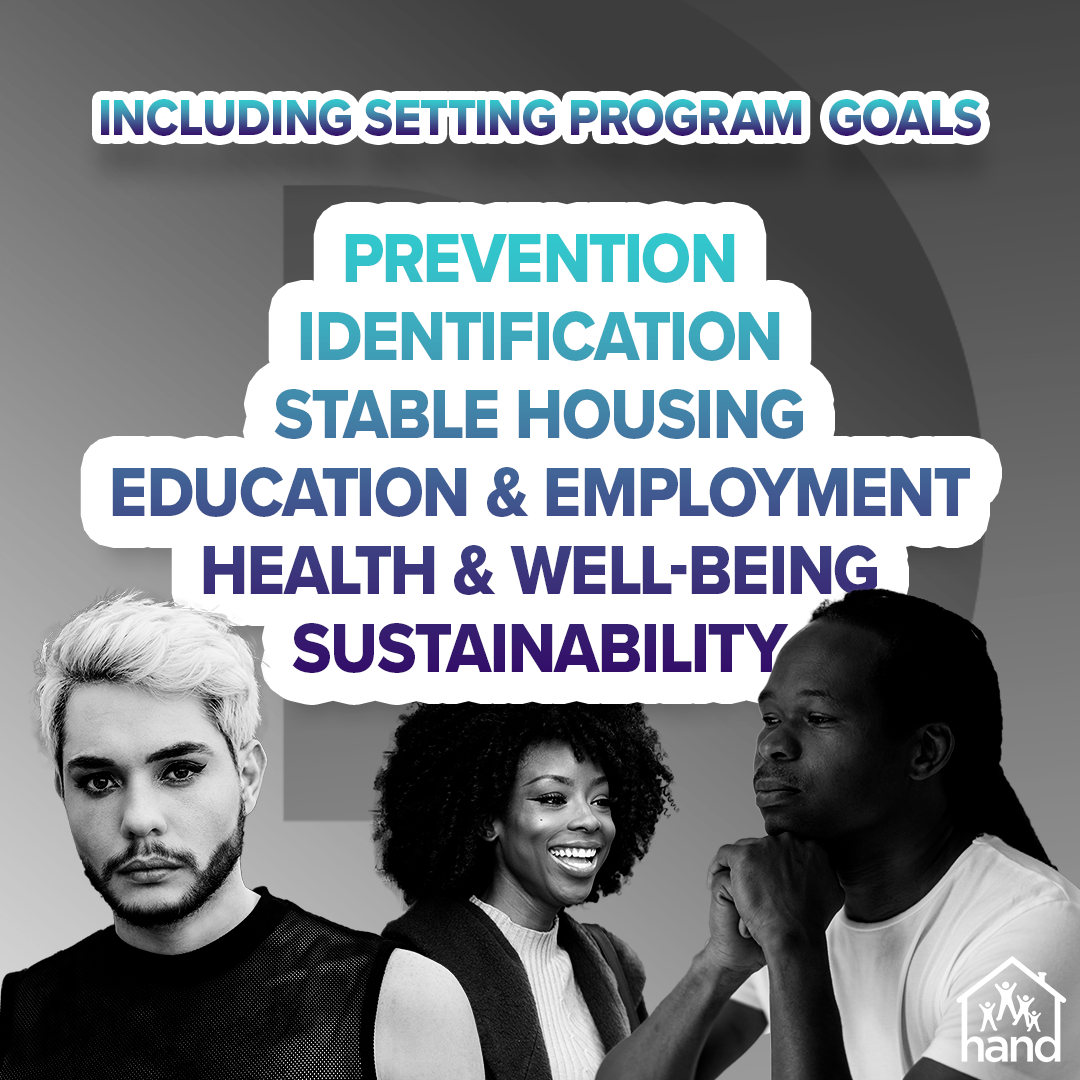Youth Homelessness Demonstration Program (YHDP)
Grant Recipients
After more than a year of planning, we are proud to announce that we have selected our YHDP grant recipients: Ruth Ellis Center, Permanent Supportive Housing (PSH); Methodist Children’s Home Society (MCHS) and Detroit Phoenix Center, Joint Component Transitional Housing Rapid Rehousing (TH-RRH); and Methodist Children’s Home Society (MCHS), Crisis Mental Health. Throughout the application process, they have gone above and beyond. Their vision reflects the priorities that youth have elevated for our community and the Detroit Continuum of Care’s goals.
Vision to End Youth Homelessness
Our shared Mission and Vision is for youth and young adults voices to be centered and elevated in our collective efforts towards building an equitable and inclusive community where youth and young adults of all backgrounds (LGBTQ+, BIPOC, parenting, etc.) have access to: safe, stable, and affordable housing; supportive services that use a community coordinated response to offer educational and employment opportunities; spreading awareness and resources through building permanent connections; and any other resources and services that ensures youth homelessness is rare, brief, and non-recurring.
Youth Centered, Youth Led
Youth were integral to key decision-making processes, including providing critical voices in drafting the Request for Proposals (RFP) and reviewing applications. As members of the Detroit Phoenix Center’s Youth Action Board (YAP), they were their own advocates in designing our local program.
Background
In July 2021, the Detroit Continuum of Care (CoC) applied for a grant opportunity known as the Youth Homelessness Demonstration Program (YHDP). YHDP is a federal funding opportunity made available to communities through the Department of Housing and Urban Development (HUD). The ultimate goal of the YHDP is to reduce youth homelessness.
The program aims to support selected award recipients in the development and implementation of a coordinated community approach. The hope is that the awarded communities will then share that experience with and help mobilize communities around the country towards the same end. The population to be served by the demonstration program is youth experiencing homelessness up to age 24.
Applications were considered for the following project types: Permanent Supportive Housing (PSH), Joint Component Transitional Housing Rapid Rehousing (TH-RRH), Rapid Rehousing (RRH) portion of the joint component program, and Crisis Mental Health. At the end of a comprehensive planning process, we chose three organizations that best represented our collective vision and had extensive experience serving youth.
High-Level View of Our Goals
Prevention
Identification
Stable housing
Education & employment
Health & well-being
Sustainability
Developing a Coordinated Community Plan
In September 2021, Detroit was selected to receive 5.7 million dollars. This launched our community into a coordinated planning process. The Coordinated Community Plan to End Youth Homelessness (CCP) is an initial planning process required by HUD to describe the current youth homeless system, desired future system, and potential housing solutions for youth; regardless of funding source. In essence, it is an opportunity for communities to develop a strategic plan for how they want to equitably end youth homelessness.
The Coordinated Community Plan was developed over a period of 8 months (November 2021-May 2022), in partnership with national HUD technical assistance providers, community stakeholders, youth service provider agencies, government partners, and the Youth Action Board (YAB). There has been a Core Team of stakeholders driving this planning effort. The YAB, consisting of youth with current or former lived experience, has played a central role.
The Core Team
Youth
Youth Homeless Service Providers
CoC/YHDP Lead Agency (HAND)
CAM
City of Detroit
Michigan Department of Health and Human Services (MDHHS)
Private Funders
Technical Assistance Providers
Cross-System Stakeholders
The Process
Planning sessions
Coordination with technical assistance to foster collaboration with education stakeholders, to train and empower youth, and navigate the planning process
Deep dives into data
18 listening sessions on special topics related to youth homelessness
Three stakeholder convenings, with the first led by our YAB
Cross-system convenings with JJ, CW, and Education
One-on one conversations with providers and key stakeholders
Webinar Materials Archive
-
-
Webinar materials for prospective applications of Continuum of Care (CoC) or Youth Homelessness Demonstration Program (YHDP) funding. The purpose of this webinar was to educate, inform, and empower agencies as they consider applying for these funds. Resources from this webinar are available here:
Information on project eligibility and low barrier expectations
-
The report provides an overview of youth demographic data collected in HMIS during calendar year 2020, as well as preliminary service utilization data for calendar year 2021.








